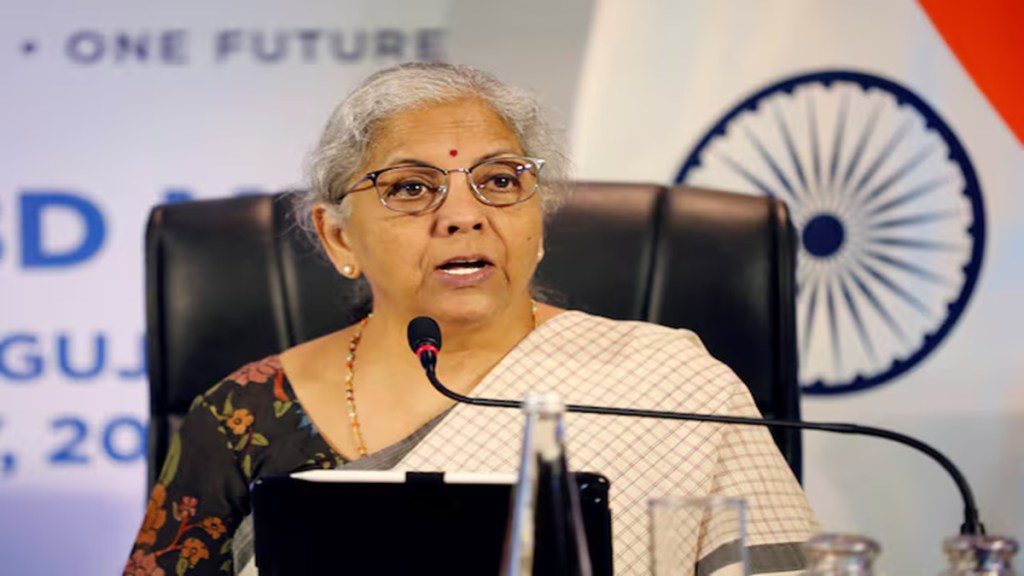India’s per capita income will rise by another $2000 in the next five years, from $2,730 at present, as the upcoming decade will see “the steepest rise” in living standards for the common people, Finance Minister Nirmala Sitharaman said on Friday.
India’s creditable economic performance in the recent decade was underscored by its leapfrog from the 10th to the 5th largest economy in a matter of 5 years, sustained high growth rates and maintained inflation well within the comfortable range, Sitharaman said.
While speaking at the Kautilya Economic Conclave, the FM highlighted that in the past ten years the Gini coefficient– a measure of income distribution inequality–for rural India declined from 0.283 to 0.266, and for urban areas it declined from 0.363 to 0.314. “I expect these improvements to continue as the effects of the last ten years of economic and structural reforms manifest more thoroughly in the data in the coming years as the Covid shock fades from the economy,” Sitharaman said.
The FM also said that while India will continue to grow over the decade, the global backdrop is no longer the same, which is a potential challenge, and an opportunity, for India.
“While simultaneously pushing for diplomacy and cooperation – as we did during our G20 Presidency – India must develop its domestic capacity to develop sustainably,” said Sitharaman. She added that the development journey will have to contend with the twin challenges of dealing with the legacy emissions of the developed world and managing India’s energy transition.
From a domestic perspective, India’s youthful population provides a large base for total factor productivity improvements, savings, and investment, the FM stated. A nation’s greatest asset during its high growth years is a young population. Thus, “India needs to ensure that they are cognitively equipped, emotionally strong and physically fit,” she said.
On consumption, Sitharaman said that it will “organically rise” over the coming decade. As of now, 43% of Indians are younger than 24 years old, and they have yet to explore their consumption behaviour fully. “There will be organic growth in consumption as they become full-fledged consumers. Simultaneously, a rising middle class will pave the way for strong consumption, inflow of foreign investment and a vibrant marketplace,” said the FM.
Sitharaman further said that India’s innovation ability will mature and improve over the coming decades. “The Global Capability Centres (GCCs) boom that we see today has put India squarely at the centre of innovation, with nearly 56% of GCC revenue coming from R&D services,” she said.
Additionally, on the fiscal front, the FM reiterated the government’s commitment to reducing the fiscal deficit. Aided by buoyant revenue generation, restrained revenue expenditure growth and healthy economic activity, the fiscal deficit is estimated to decline further from 5.6% of GDP in FY24 (provisional actuals) to 4.9% in FY25. “The commitment to fiscal discipline will not only help keep bond yields in check but will translate to lower economy-wide borrowing costs,” Sitharaman stated.


